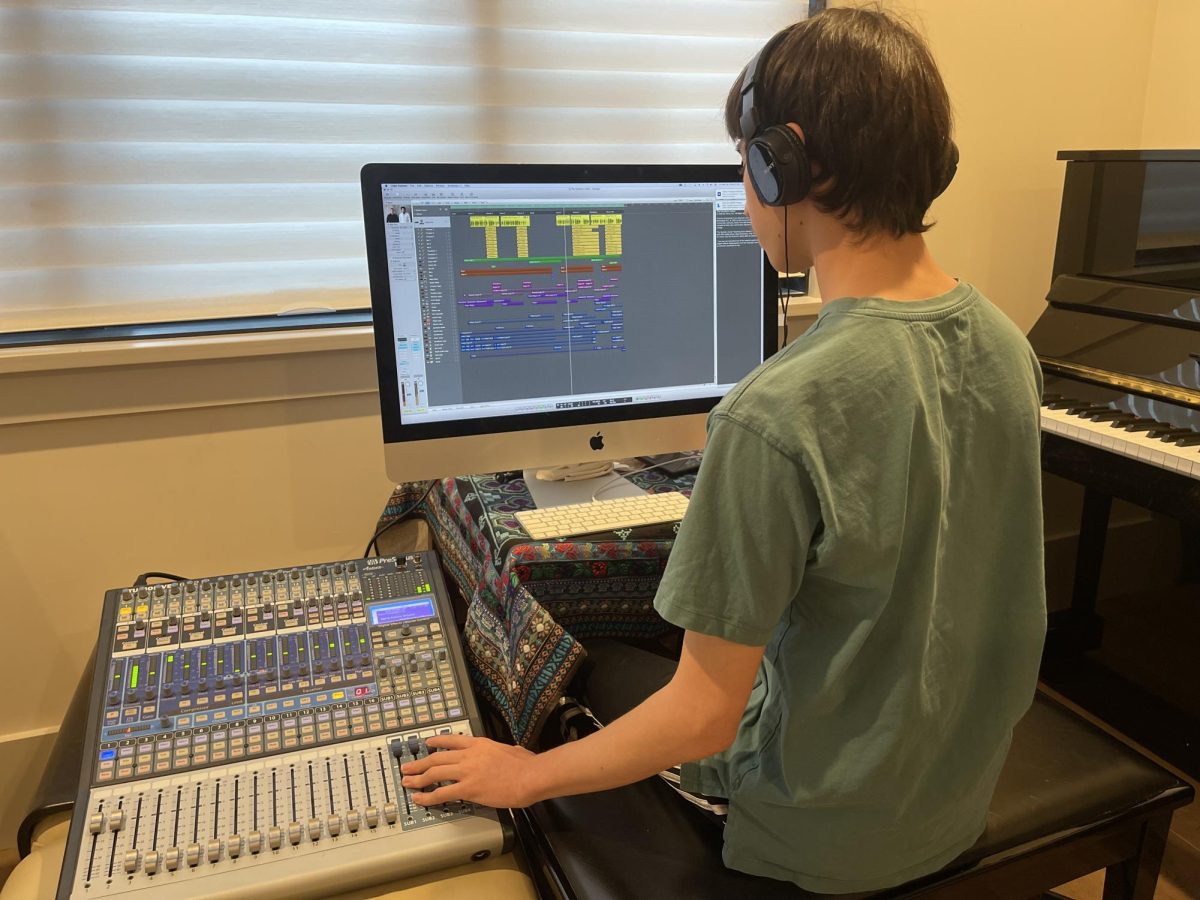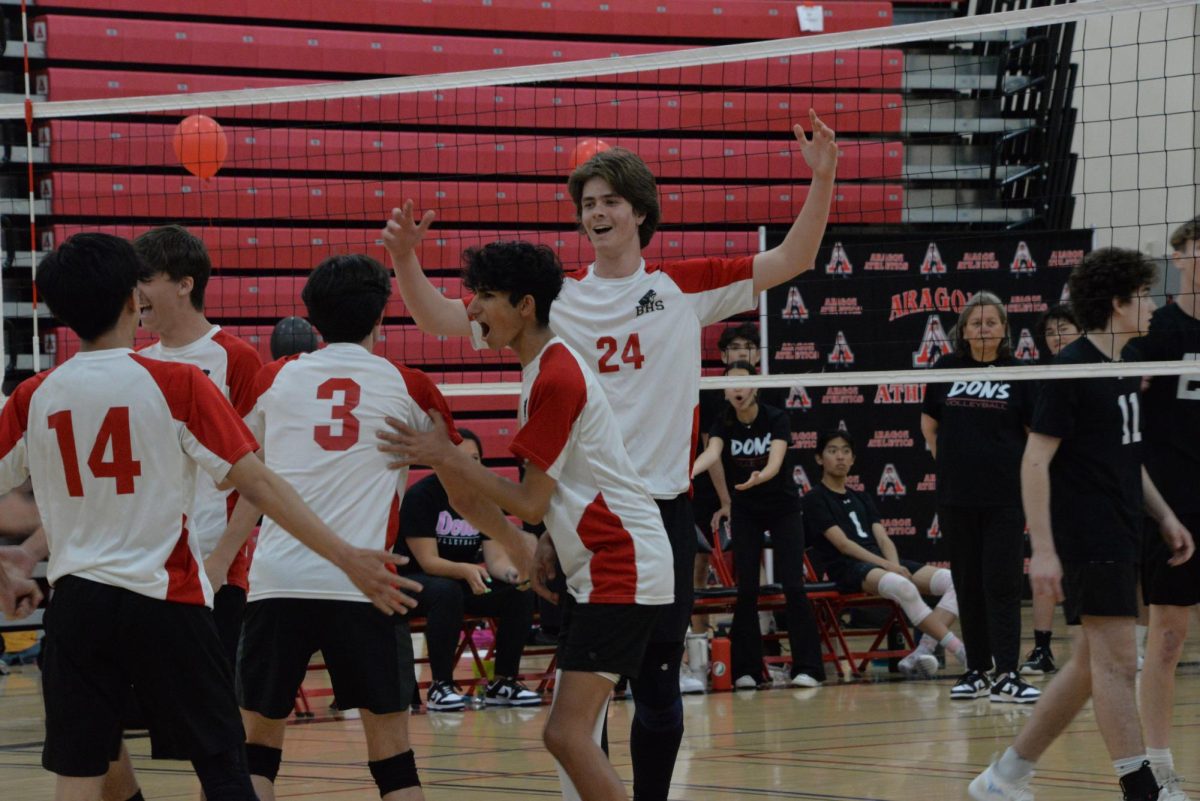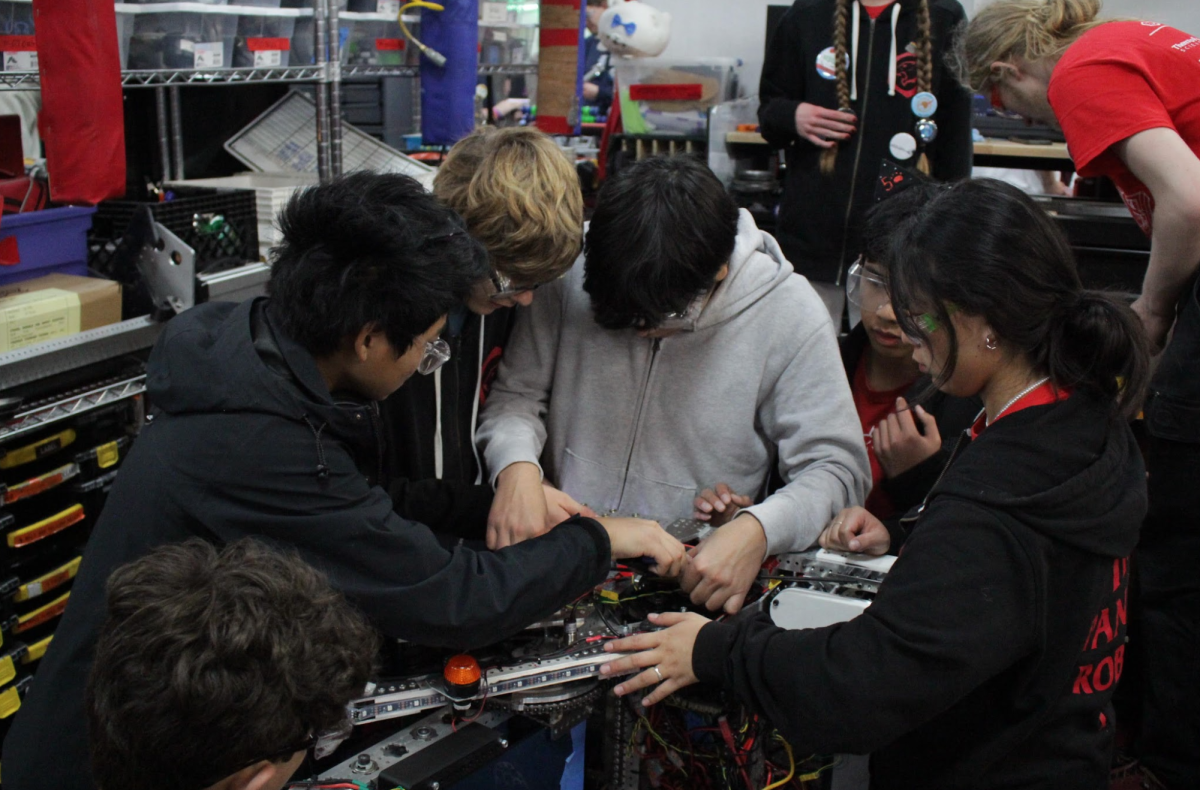Nietzsche’s teachings on embracing struggle are relevant to today’s teens
March 25, 2019
Friedrich Nietzsche. Slightly questionable. In both his opinions and his sanity. But one of the most interesting historical figures we learned about in Advanced Placement European History.
At first glance, his ideas seem downright appalling; he argues that those who suffer and face hardship are not to be assisted by others and in his book, “On the Genealogy of Morality”, they are labeled “weak.” Nietzsche’s central ideas revolve around a human “will to power.” Essentially, he says that people need to look out for themselves and strive for individual excellence. With these harsh opinions, it’s easy to look past the significant parts of his argument. Adversity fosters human excellence. People who are comfortable characterize themselves as happy, but in his eyes, comfort aligns with stagnance. To Nietzsche, being happy means struggling in life and overcoming that struggle by pursuing excellence. Nietzsche’s opinions offer a fresh, new perspective on human existence. Being happy means engaging in the constant uphill battle of life and taking pride in self growth.
This philosophy can be applied to what many individuals consider to be a miserable stage of their existence: high school.
Everyday, I’m bound to hear something along the lines of “Hey, can you send me a picture of the answers to the math homework?” High school students have many commitments, so it’s understandable that time is valuable. However, the important thing to acknowledge is that they are called commitments and students have a responsibility to carry them out well. But difficult endeavors usually result in lack of motivation and lack of desire to carry out commitments. Students feel pressed for time. With things (usually certain subjects in school) they struggle with, students feel unmotivated to try to resolve issues and perfunctory assignments become a regular habit. Why? Because people are opposed to struggle.
The root of the issue lies in mindset of the era we’re living in: the Age of Communication. Staying connected with your friends is easy. Too easy. If you have a problem, be it with academics or anything else, the first thing you’ll do is text your friends. If there’s an in-class essay on Monday, then you and a few friends will probably make a shared Google Doc to draft an outline. If there’s an English quiz tomorrow and you’re only on page five, the first place you’ll head to is SparkNotes.
In the modern era of communication, the answers to problems seem to be at our fingertips; in turn, this creates a mindset (perhaps subconscious) that school should be easy and that Google is the answer to every student’s problems. This age of communication obstructs students from experiencing struggles and emerging from the fires as smarter, stronger and overall better individuals.
It’s natural to want to take shortcuts, like using SparkNotes, so you can finish your homework faster and play video games, which is enjoyable and makes you “happy.” But remember what Nietzsche said about happiness. If you read the book, even if it’s dense and hard to understand and analyze it for yourself, overall, you should be a happier person because you’ve improved your ability.
Recognizing the value in the process of learning and struggling, as the two go hand in hand, is key. In placing value in struggle, one must defy the innate human desire for immediate gratification. The only real solution is to focus on goals, and really, to have some willpower.




![WASC looks for more than the basic California State standards. According to chairperson Mike Woo, “As new rules and new concerns come up through society, [WASC] look[s] is the school doing something about that. Like the biggest trend post-COVID is mental wellness. So is your school doing something to address the mental health of the students? Along with are they still doing the proper academics?”](https://theburlingameb.org/wp-content/uploads/2024/03/IMG_3401-1200x1200.png)























![“For me personally, I want [others] to see the music program as a strong union because we can really bring out the life of our school,” Vega said. “We need music, you know? Otherwise, things would be really silent and dead.”](https://theburlingameb.org/wp-content/uploads/2024/03/unnamed-1200x801.jpeg)








